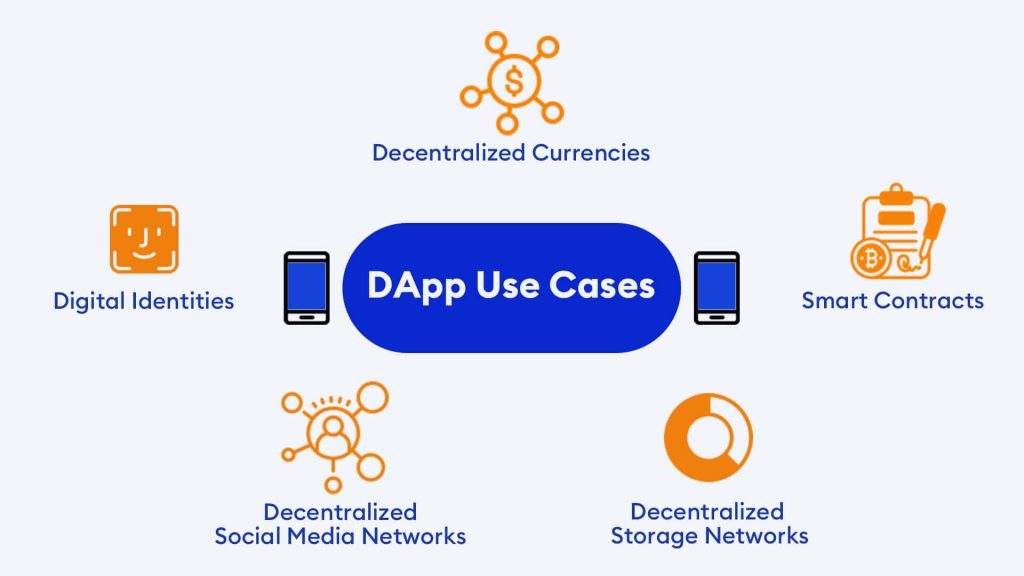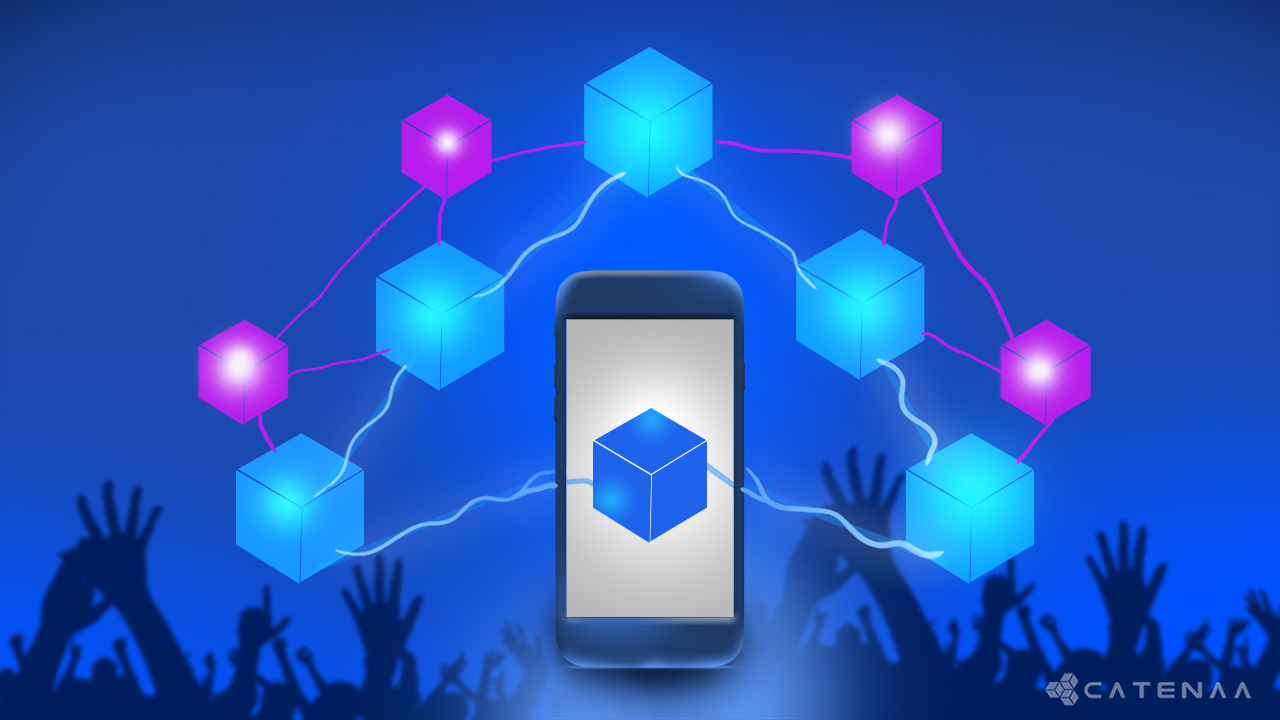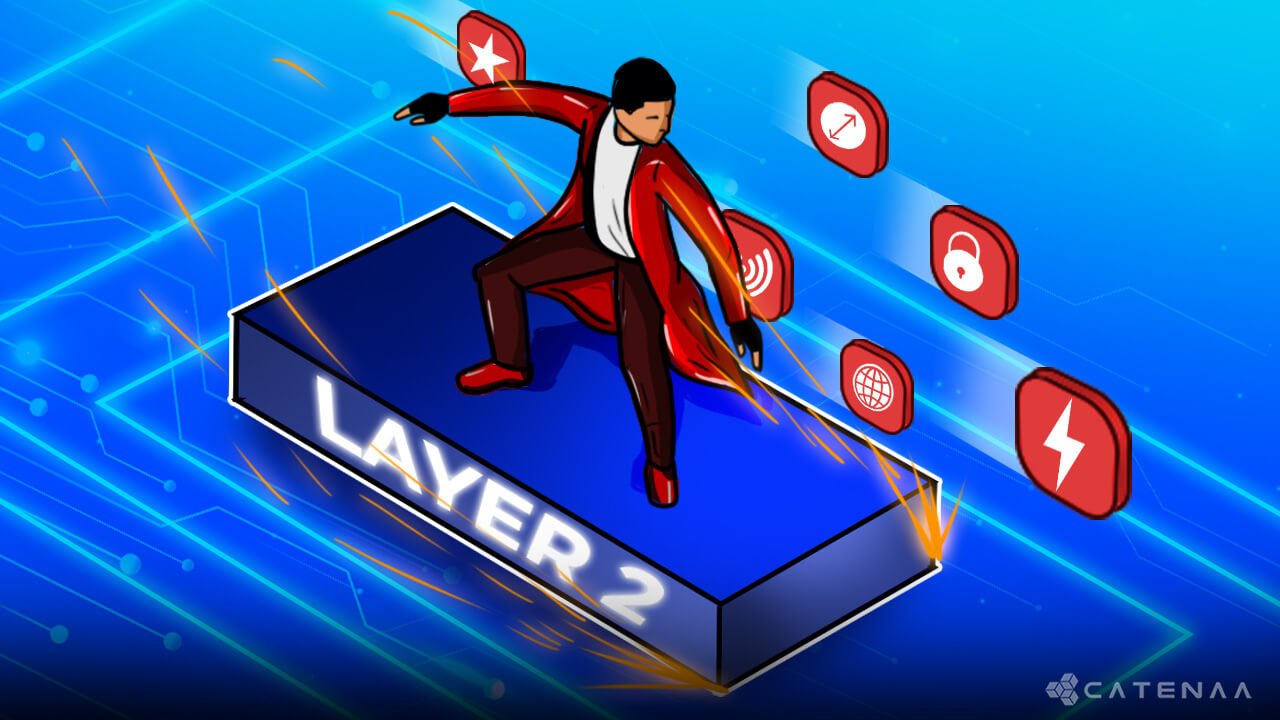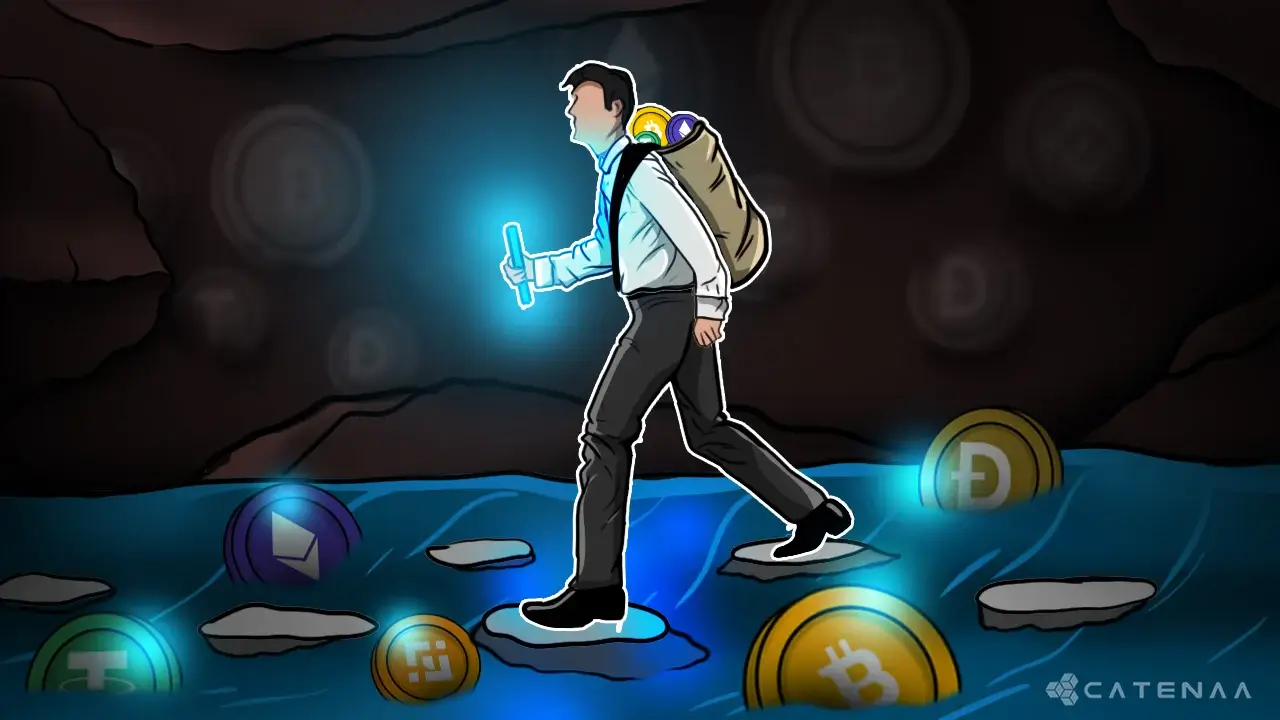Table of Content
Finding a company that doesn’t use blockchain will be challenging in the future. it is not just for cryptocurrencies anymore. Blockchain has the potential to change many industries and even our society. Blockchain technology can be used in various industries to create trust between two parties when exchanging goods or services. This is because it creates an immutable ledger of transactions that cannot be tampered with or altered once created. The advantages of blockchain extend to numerous sectors, including financial services, supply chain management, and healthcare. As its benefits, such as immutability, transparency, security, and efficiency, become more widely recognized, we expect to see an increasing number of companies utilizing blockchain in their business operation and processes. This powerful force affects finance, retail, and other industries, including digital marketing. To keep pace with the rapid speed of digital marketing, businesses can turn to decentralized applications (dApps) that operate independently of a central server or platform. These dApps serve as an extension of the business rather than an additional service, providing solutions to meet the demands of today’s marketplace.
The following article offers a detailed overview of a dApp and how it differs from an app.
What is a DApps?
Decentralized apps are applications or programs that are open-source, blockchain-based, and run on a peer-to-peer network. As a result, they typically do not have a single point of failure and often provide more transparency than their centralized counterparts.

DApps can be used in many ways. Here are some use cases:
- The management of digital identities.
- The use of decentralized currencies as a means of payment for goods and services.
- The creation of smart contracts on the blockchain.
- The development of decentralized storage networks that do not rely on third parties for data security.
- Decentralized social media networks, where users can control their data instead of relying on the company to store it.
Blockchain networks are decentralized because they don’t have a central authority entity. Instead, they rely on consensus algorithms to determine the fate of data. The most common use cases are in the financial sector, such as cryptocurrency exchanges and digital banks. The most popular DAPPS are Ethereum and Bitcoin.
Pros and Cons of DApps
DApps have many benefits, including the following:
- Transparency: The transparency of the blockchain would allow people to see what goes into their food and how it has been produced. This would make it easier for them to make educated decisions about what they buy and eat. All transactions performed on the DAPP are transparent to all parties involved in the contract.
- Privacy: DAPPS, or decentralized applications, are the future of the internet. They allow users to have complete control over their data and privacy. They also increase user privacy as the data is stored locally on the device and in a decentralized fashion. The DAPPS can be run on various platforms, including Windows, Linux, Android, iOS, macOS, and more.
Conclusion
DAPPS are the next evolution of apps, and they are more secure, faster, and cheaper to use than their centralized counterparts. In addition, the decentralized nature of DAPPS means they can’t be censored, shut down, or hacked. This makes them perfect for storing sensitive medical or financial data.
Decentralization is the future of technology. With the rise of blockchain, it has become easier to create decentralized apps and smart contracts. By leveraging blockchain technology and creating decentralized applications, businesses can make software programs that operate independently of a central server or platform and work as an extension of their business rather than an extra service they must pay for separately. dApps are already revolutionizing finance, healthcare, media, and more industries.


